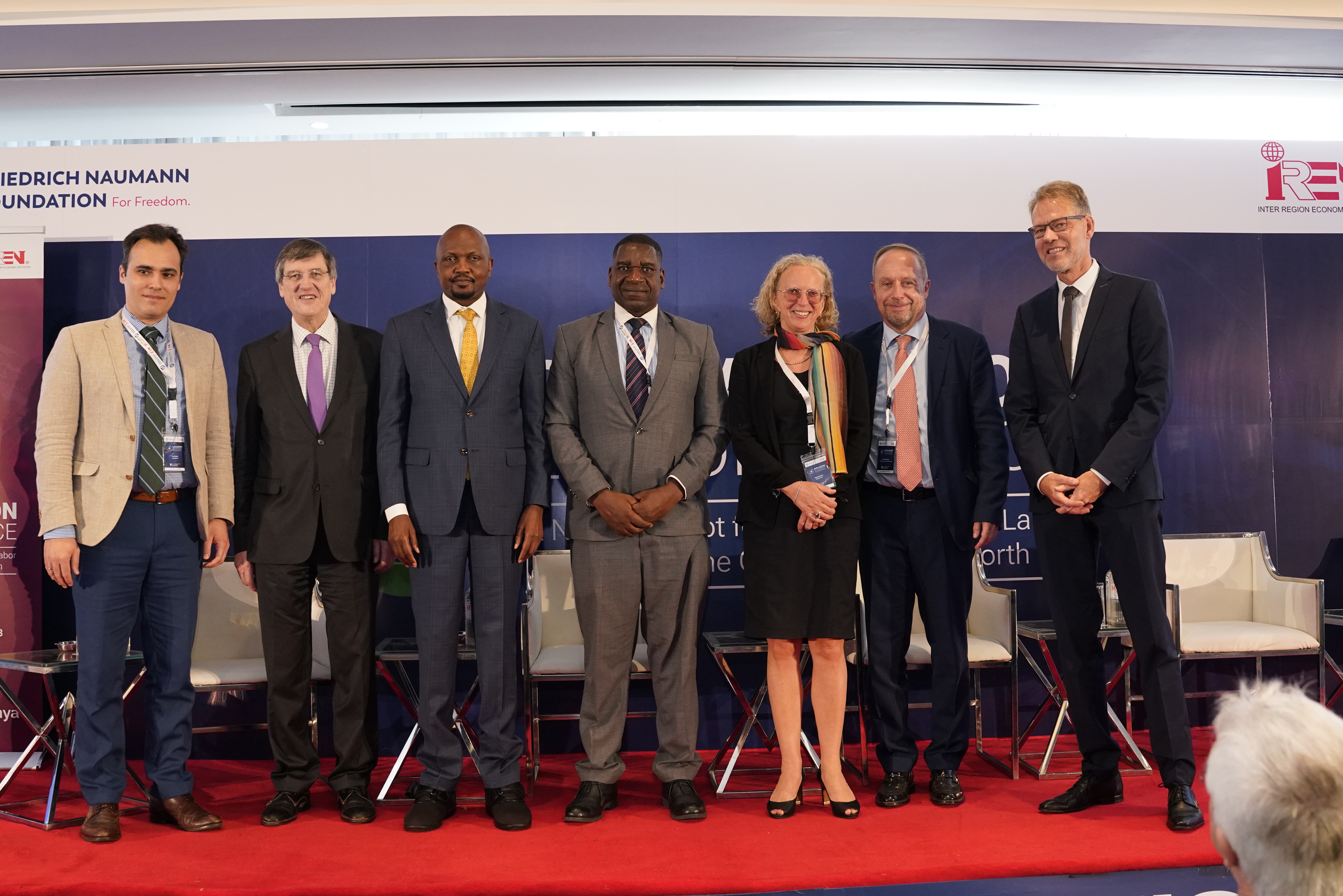Global division of labour
Brains of the World, Unite!

It all took place on a highly symbolic date: the 60th anniversary of the Republic of Kenya. Clearly, this is a day of celebration, and the Kenyan hosts used it with a wonderful morning music and dancing session. However, the rest of the morning – as the whole day before – was reserved for intense discussion of the ideas underlying a new division of labour between two neighbouring continents seperated only by the Mediterranean Sea: Africa and Europe.
What is this idea? In theory, it is a very simple one. Europe is an ageing continent. Although it is a technological leader in many fields, it will lack the human resources to nurture and sustain its innovative capacity in the coming decades – for the sheer lack of skilled people. In Africa, the situation is almost exactly the opposite: lots of young highly motivated, potentially skilled people with strong affinities to modern digitalized technologies, but not enough jobs to fully take advantage of them. Remember: In Germany, the average age of the population is roughly 45 years, in Kenya it is below 20 years.
The great modern opportunity to bridge this imbalance is the rise and power of digital networks. Today, heavy packages of complex information can be sent between continents in seconds. And that allows talented people in the Global South to take over major stages of the production of value added in industry and services, get well paid for it and possibly use the skills that are learnt and practized as a starting-point for entrepreneurial activity in self-employment on the spot in Africa. To be sure, this model of development and partnership is not new. It has turned out to be a propeller of growth in Indian Bengalore, which became a large top-notch digital service center and thus helped to pull itself and neighbouring areas in India out of poverty. Similar patterns may possibly evolve in the so-called global Gig-economy of free-lance service providers, which has been studied by the World Bank.
So why not in Kenya? And why not generally in Africa, notably in the urban centers whose growth may then spill over to more remote areas as typically happens once urban growth becomes dynamic? Clearly, there are many bottlenecks on the way to a sustained growth path. Questions arise: Who teaches the more than standard skills that are required for top technical digital work? Who provides the dense and efficient communication network? Who guarantees workers’ rights to avoid exploitation of local labor by powerful tech firms from Europe? Who straightens the path to a broadening of the benefits so that – some day – not only African labor is integrated into the global value added chain, but also direct foreign investment from Europe plus physical production follows the path to Africa? And who makes European – and notably German – medium-sized companies aware of the new opportunities, not to speak of jumping the hurdles of language barriers?
Obviously, questions over questions to be answered by politics and business. Erverybody has to do his or her homework, in Europe and in Africa, in Germany and Kenya. However, a poll commissioned by FNF – and carried out by IPSOS – of British and German business people showed that these are quite open to the new opportunities and generally quite optimistic at overcoming the hurdles. And note: In both countries, despite their quite different business traditions and Africa experience, the general judgement turned out to be open-minded and positive.
To sum up: the FNF-conference in Nairobi set the stage for further research and discussion. It opened the door to a new vista of globalization – and a promising one at that. In a one-hour talk with Eric Latif, a Kenyan intellectual star journalist, and his team, FNF-President Karl-Heinz Paqué discussed major issues of hope and concern. In this talk – as in the conference, it turned out that, as usual in economics, the path to a great aim is wrinkled and complex, but the spirit to start is optimistic. Let’s just try! After all, the merging of skills by technology may be a much better way of development and partnership than the migration of masses of people from the Global South to the Global North. The next generation of us all should make ideas move – much more so than people.
